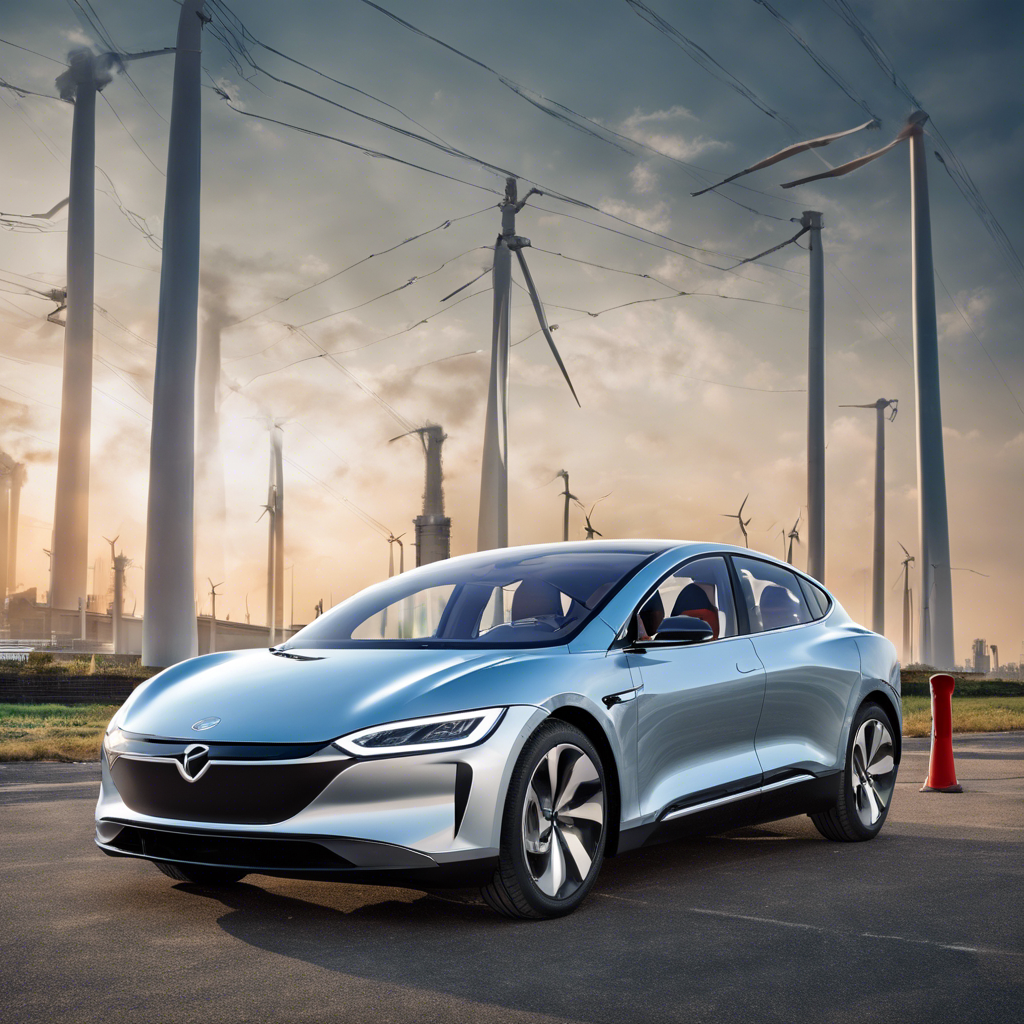The Environmental Impact of Climate Technology: Debunking Myths and Addressing Concerns

Unveiling the Truth about Mining and Waste in the Clean Energy Transition
As the world races towards a clean energy future, concerns about the environmental impact of climate technology have emerged. From the volume of mining required to obtain crucial minerals to the potential waste generated by wind turbine blades, solar panels, and electric vehicle (EV) batteries, many questions surround the sustainability of these innovative solutions. In this article, we will delve into the realities of mining and waste management in the clean energy transition, debunking myths and addressing legitimate concerns.
The Mining Conundrum: Balancing Resource Extraction and Environmental Impact
Mining plays a crucial role in obtaining the minerals necessary for clean energy technologies. However, the volume of mining required can be staggering, especially when considering the low concentrations of certain minerals. For instance, acquiring one ton of copper may involve moving over 500 tons of rock due to the prevalent concentrations below 1%. Nonetheless, it is important to note that the energy transition is projected to involve less mining than the fossil fuel economy does today. The extent of mining will depend on factors such as recycling efforts and technological advancements. Hannah Ritchie’s comprehensive analysis provides valuable insights into the comparison between mining in the energy transition and the current fossil fuel industry.
Debunking the Myth of Clean Tech Waste Overload
Rumors of wind turbine blades, solar panels, and EV batteries piling up in landfills have raised concerns about the waste generated by clean energy technologies. While it is true that manufacturers are rapidly scaling up production, resulting in a significant number of these technologies reaching the end of their useful lives in the coming decades, the waste from climate tech is just a facet of a much larger problem. By 2050, the cumulative waste from solar panels alone could reach 160 million metric tons. However, this pales in comparison to the estimated 1.8 billion metric tons of e-waste and over 12 billion metric tons of plastic waste that will have accumulated by then. It is crucial to address the issue of waste from climate tech, but it is equally important to recognize that it is part of a broader waste management challenge.
Rethinking Waste Management: The Value of Recycling and Reuse
While the sheer volume of waste generated by clean energy technologies is concerning, it also presents an opportunity for resource conservation. Instead of discarding old technology into landfills, recycling and reusing the materials they contain can alleviate the need for further mining. Many of these materials are expensive and can be repurposed, reducing the environmental impact of future extraction. By implementing efficient recycling programs and embracing circular economy principles, we can minimize the waste associated with climate tech and maximize the benefits of resource conservation.
A Call for Responsible Progression
As the clean energy transition progresses, it is crucial to remain vigilant about the environmental impact of mining and waste management. While the overall volume of mining may decrease, it is essential to ensure that mining practices are sustainable and do not harm the environment or local communities. Similarly, waste management strategies must prioritize recycling and reuse to minimize the burden on landfills and prevent the loss of valuable resources. By embracing responsible practices and continuous innovation, we can navigate the complexities of the clean energy transition while mitigating its environmental consequences.
Conclusion:
The environmental impact of climate technology is a multifaceted issue that requires careful consideration and action. While mining is necessary for obtaining crucial minerals, the energy transition is projected to involve less mining than the fossil fuel industry. Waste generated by clean energy technologies should not be overlooked, but it is just a fraction of the broader waste management challenge we face. By prioritizing recycling and reusing materials, we can alleviate the need for further mining and conserve valuable resources. Responsible progression in the clean energy transition is essential to ensure a sustainable future for both the planet and its inhabitants.










